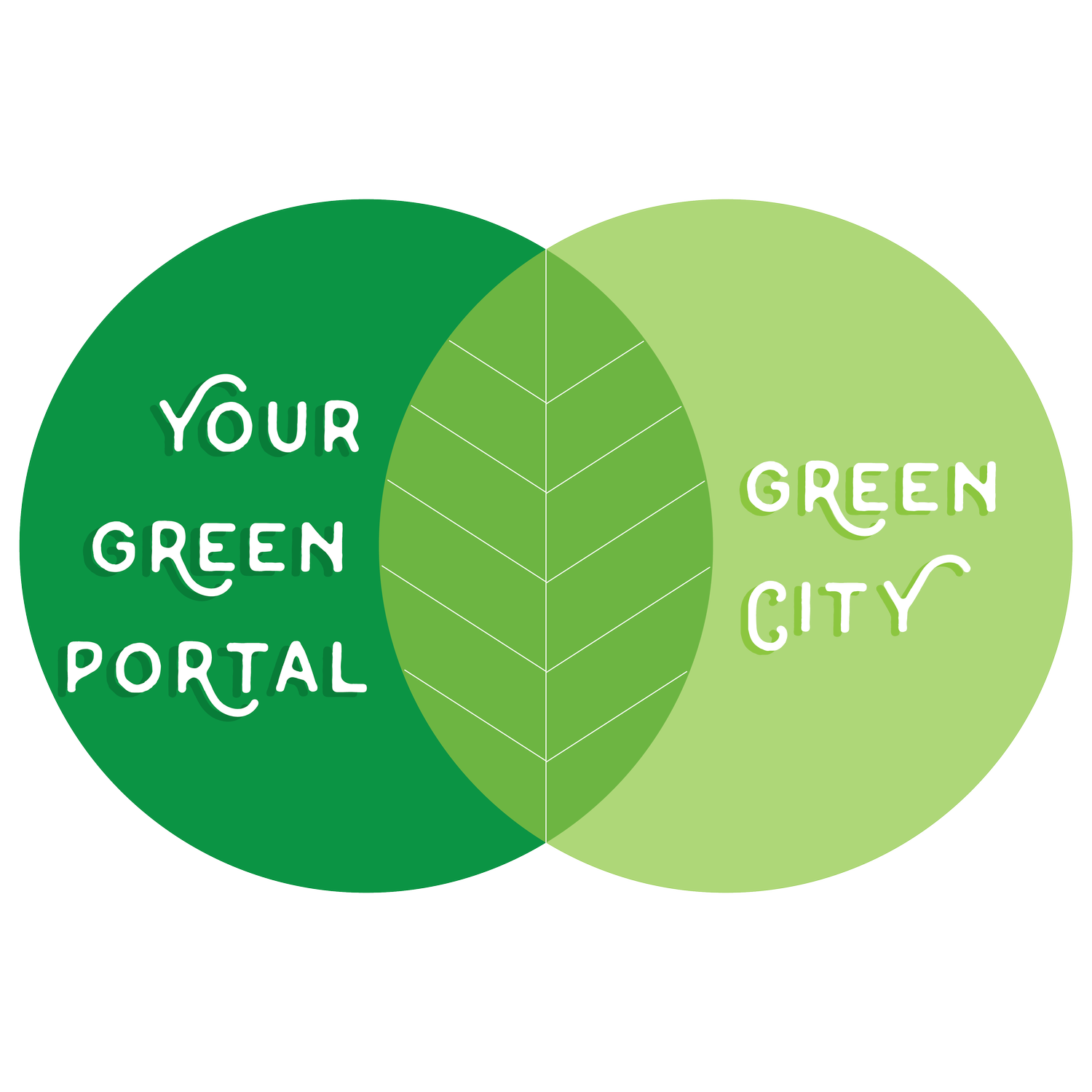Bob Riley Jr. and I are continuing our series focused on the Seven Community Capitals as we look forward to a post-Covid, aspirational world. This is our 5th show in the series and today we examine Political Capital.
The goal of this series is to have educational and insightful conversations with our guests, in order to inspire and encourage citizen engagement leading to positive change. We believe the time is now to re-imagine more sustainable, inter-connected, supportive, and resilient communities for all citizens.
During the past few weeks, we’ve had great discussions on Natural, Social and Financial Capital and today’s look at Political Capital is another important one in the web that connects them all.
Political Capital, as defined in the University of Nebraska-Lincoln, Agricultural Economics article, “Is the ability to influence standards, rules, regulations and their enforcement. It reflects access to power and power brokers, including government officials and leverage with a regional company.”
Defined further in the Community Vitality & Sustainability article published by Lionel J. “Bo” Beaulieu at Purdue University, “We know that when key decisions are made by only a handful of people, you tend to have an elite leadership structure in place in the community. On the other hand, if decisions tend to be dispersed across a variety of people and groups . . . then you may have the presence of a more pluralistic leadership structure.”
Lending their expertise and insight to today’s discussion are our guests:
- Susan Judkins, Client Development Director with RDG Planning & Design and Clive City Council Member since 2013 and
- Rob Barron, Special Assistant to the President for Government Relations at Grand View University & Vice Chair of the Des Moines School Board
Bob opened the discussion by explaining what Political Capital is and how it encompasses organizations, connections, norms, and values that are officially organized into enforced rules and regulations. He cited Flora & Flora, 2004 stating “Political capital reflects how power is distributed, and the access that community members have to organizations, shared resources, and power brokers.”
Both Susan and Rob have an impressive record of not only stepping up to run for elected office, but also developing ways to pave the way for others to follow. They have served as mentors to many who are interested in public service and our community has benefited greatly from their leadership. It was an inspiring discussion and some of the thoughts shared are noted below.
Key Takeaways:
- Government really truly is for the people
- A public life can be a way to serve a higher purpose
- Political capital starts as an asset and only becomes capital when it is invested
- You don’t necessarily have to get elected to make a difference; it can lead to future opportunities
- A focus on the truth fosters open communication and safe conversation
- We need to celebrate those who care enough to raise their hand and serve
- Take the time to notice who is not at the table
As Aristotle stated . . .
“It is the mark of an educated mind to be able to
Entertain a thought without accepting it.”
And Brian Mulroney once said . . .
“You accumulate political capital to spend it on noble causes.”
Thank you for listening to today’s discussion. Let’s continue to engage and learn from each other.




